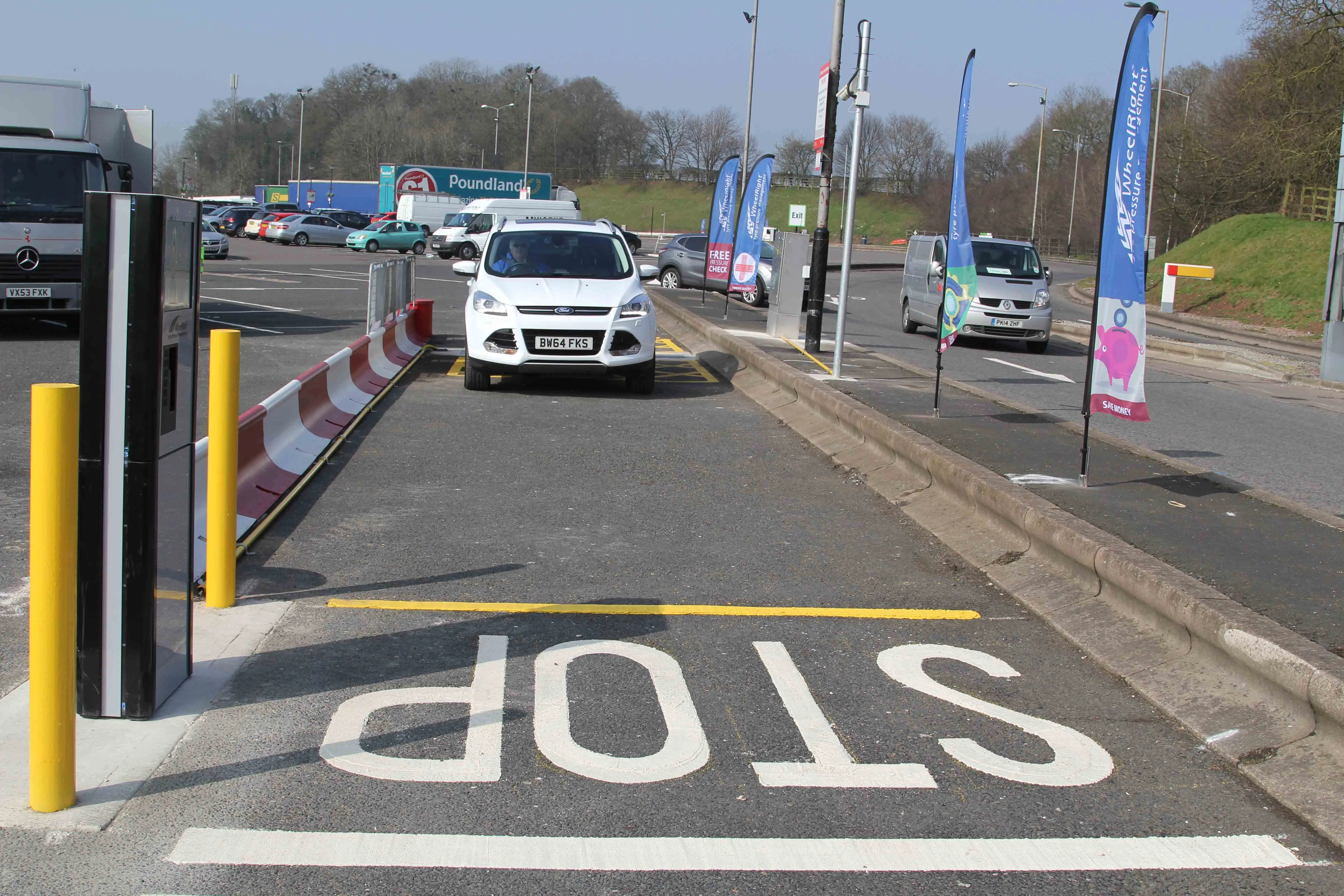The development of social media could be behind a drop in car usage by young adults, according to new research. Kennisinstituut voor Mobiliteitsbeleid, the Dutch knowledge institute on mobility management, found that people in their twenties in the Netherlands, as well as in Norway, Sweden, the US, England, Germany and Japan, are making less use of cars. They say the burgeoning popularity of social media often makes it less important for people to be physically present, and because young adults tend settle
January 9, 2013
Read time: 1 min
The development of social media could be behind a drop in car usage by young adults, according to new research.
Kennisinstituut voor Mobiliteitsbeleid, the Dutch knowledge institute on mobility management, found that people in their twenties in the Netherlands, as well as in Norway, Sweden, the US, England, Germany and Japan, are making less use of cars. They say the burgeoning popularity of social media often makes it less important for people to be physically present, and because young adults tend settle in urban areas, cars are less practical.
The Institute says it is unsure how this will develop over the years and makes no recommendations on transport development. However, the institute expects an annual increase in overall car usage of 1% to 2%.
Kennisinstituut voor Mobiliteitsbeleid, the Dutch knowledge institute on mobility management, found that people in their twenties in the Netherlands, as well as in Norway, Sweden, the US, England, Germany and Japan, are making less use of cars. They say the burgeoning popularity of social media often makes it less important for people to be physically present, and because young adults tend settle in urban areas, cars are less practical.
The Institute says it is unsure how this will develop over the years and makes no recommendations on transport development. However, the institute expects an annual increase in overall car usage of 1% to 2%.







